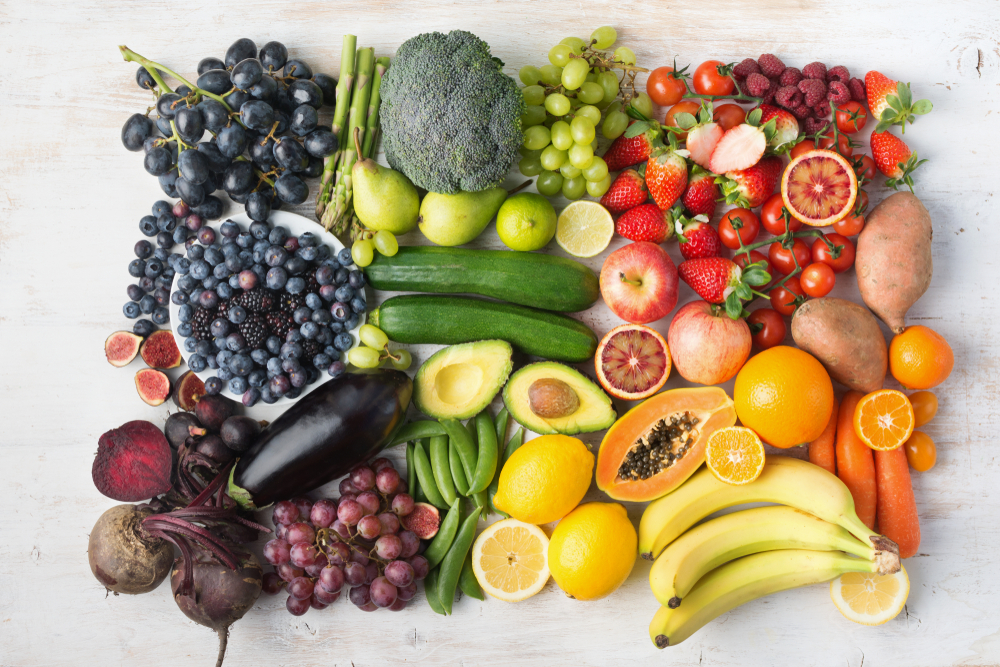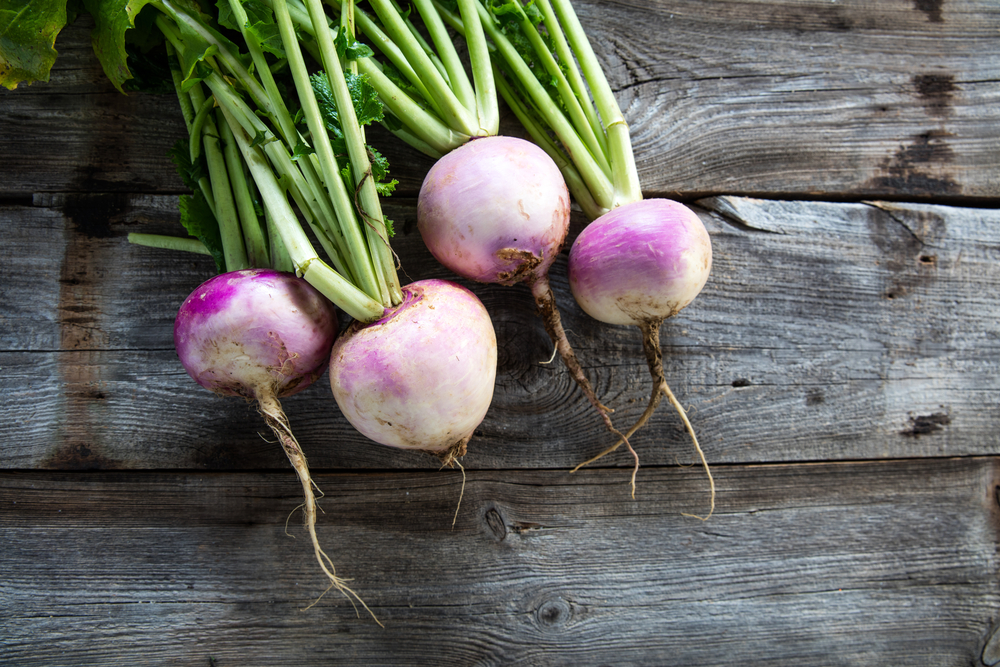
As we move towards the new year following Christmas festivities, many of us may feel low in energy. Getting a good balance between being active and relaxing can help support your get up and go.
However, there are some great foods that you can add to your diet to help support your energy levels.
Clinical Nutritionist Suzie Sawyer shares her five top energy-boosting foods.
Bananas
Bananas are not only a great go-to, on the run delicious snack, they pack a nutrient punch too. They’re loaded with vitamin B6 which is essential for energy production. Additionally, they also contain plenty of energising folate and vitamin B2. Importantly, they’re high in the mineral potassium, an electrolyte that can frequently become out of balance, especially if you’re exercising hard and sweating a lot.

Whilst bananas are relatively high on the glycaemic index, meaning they’ll give a fairly instant burst of energy, their high fibre content means they will still deliver sustained energy. Plus, if you eat a banana with some protein, perhaps a handful of nuts and seeds, then the combined effect will reduce the glycaemic load of the banana and keep your energy levels up for longer.
Sweet potatoes
Whilst they’re called potatoes, sweet potatoes are from a completely different family to the white potato. White potatoes are good for providing energy, but sweet potatoes have the slight edge as they’re a lower on the glycaemic index, therefore energy levels will be sustained for longer.

Just like bananas, sweet potatoes are also rich in potassium so will help balance the body’s electrolytes. Plus, if you’re diet has been high in salt over the festive period, sweet potatoes will help get everything back into balance.
Sweet potatoes can be served in their jackets, cut into wedges and roasted as a substitute for traditional chips, or simply boiled and mashed with a little butter and pepper. Delicious!
Quinoa
Often referred to as a ‘super food’, quinoa can certainly hold its own in the nutritional stakes. Quinoa is not actually a grain but a seed, which is great for people who can’t tolerate lots of grains or have allergies to these types of food.

Quinoa is fairly unique in that it’s a food high in both protein and complex carbohydrates, so it’s going to keep energy levels up. Its uniqueness is further highlighted by the fact that it provides all the essential nine amino acids that make up proteins (and other plant foods are generally lacking in some of them). Equally, quinoa is rich in the family of B-vitamins, needed to release energy from food, as well as the minerals, copper, iron, and magnesium.
Oats
Oats are certainly one of the healthiest grains on earth. They’re a whole grain and a great source of key vitamins, minerals, fibre, and antioxidants. However, not all oats are created equal and the rougher and larger the pieces of oat, the lower on the glycaemic index they’ll be, and the more long-lasting energy will be delivered.

Scottish oats have very little refining so are a good choice but try to avoid quick or instant oats as much of the fibre and nutrients will have been lost in the refining process. Overnight oats for breakfast are becoming increasingly popular, where the oats are soaked in milk (perhaps plant-based) with some fruit such as apple, banana, or melon. Add some Greek yogurt and flaxseeds to the mix and you’ve got the perfect start to the day that will keep you fuelled until lunch time.
Water
How often do we forget about water as being a key energy source? If the body is dehydrated, you’ll be going nowhere fast! Even mild dehydration of 1-2% can affect energy levels as well as mood and the ability to concentrate.

Make a resolution for 2022 to drink at least eight glasses of water daily. Fruit and vegetables also count towards your water intake but however much you’re eating, do keep your resolve on how many glasses you are drinking.
Not only will energy levels improve, but your skin will also glow, digestion will be better, and your liver will certainly thank you!
So, with a few dietary additions you can make 2022 your most energetic year yet!
Stay well.
FOR MORE GREAT DIET AND LIFESTYLE ADVICE:
Sign up to receive our blog and get a weekly dose of the latest nutrition, health and wellness advice direct to your inbox.
Follow us on Twitter @feelaliveuk for nutrition, lifestyle and well-being tips.
Visit us at www.feelaliveuk.com for the latest offers and exclusive Alive! content.
Follow and Chat with Suzie on Twitter @nutritionsuzie
For everything you need to know about vitamins, minerals and herbs visit our sister site Herbfacts
All images: Shutterstock



















